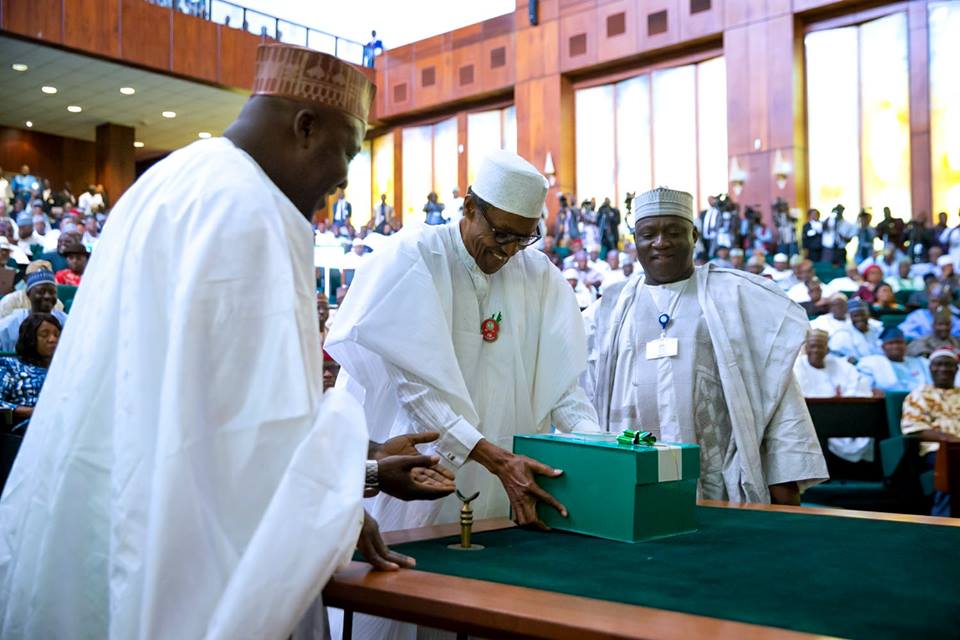Declining oil prices may put the Nigeria’s 2017 budget at risk, as deficit will rise due to fall in oil revenue for a budget yet to be passed by the national assembly.
In the 2017 budget, Nigeria’s executive arm set the crude oil benchmark at 2.2 million barrels per day at a price of $42.5 per barrel, before the senate pushed the benchmark to $44.5 a barrel with hopes that the black gold would remain at its January rate, which was above $50.
Current realities at the global crude oil market however show that oil prices may fall below $45 per barrel as OPEC deal loses steam to shale producers.
Oil prices fell below the $50 mark on Tuesday, after an OPEC report revealed that Saudi Arabia’s production increased above 10 million barrels per day in February, boosting production by 263,300 barrels.
Advertisement
At 10.011 million barrels a day, Saudi’s production is still below the 10.058 million a day agreed on in the OPEC production cut deal, but oil prices are reacting to Saudi’s surge.
Khalid Al-Falih, Saudi Arabia’s energy minister, had previously said that the country would not “bear the burden of free riders” indefinitely.
US West Texas Intermediate slipped by 73 cents to trade at $47.67 per barrel and Brent crude declined by 61 cents to trade at $50.74 per barrel.
Advertisement
These prices are the lowest since December 2016 when members and non-members of OPEC reached a production deal to curb production excesses, which led to reduced oil prices.
With news of an imminent oversupply, there is a risk of oil prices dropping to $45 a barrel due to increases in shale oil production, Issam Almarzooq, Kuwait’s oil minister told Bloomberg.
Bloomberg reports that US crude stockpiles increased by almost three million barrels in one week.
The Energy Information Administration forecasts that output at major U.S. shale plays could reach 4.96 million barrels a day in April, the highest since March 2016.
Advertisement
A fall in oil prices will drastically reduce Nigeria’s revenue and consequently hurt the implementation of the 2017 budget.
Add a comment






